The transportation of perishable goods has undergone a significant transformation in recent years, particularly with the rise of electric reefer semi trailers. As we advance towards greener technologies, the need for precise temperature management remains paramount. One of the pressing questions in the industry is: Can an electric reefer semi trailer reach minus 10 degrees? This article aims to delve into the intricacies of electric reefer technology, operational challenges, and their efficacy in maintaining sub-zero temperatures.
Understanding Electric Reefer Semi Trailers
Electric reefer semi trailers, also known as refrigerated trailers, are designed to transport perishable items at specific temperature requirements. Unlike traditional diesel-powered units, electric reefers utilize battery power to operate their refrigeration systems, promoting an eco-friendly approach to cold chain logistics.
Advantages of Electric Reefers
- Sustainability: Reduced carbon emissions as they eliminate reliance on fossil fuels.
- Cost-Effective: Decreased fuel costs and lower maintenance expenses compared to conventional systems.
- Noise Reduction: Quieter operation, contributing to less noise pollution during offloading at urban locations.
- Consistent Temperature Control: Advanced technology provides better temperature regulation, ensuring that goods remain within their required temperature range.
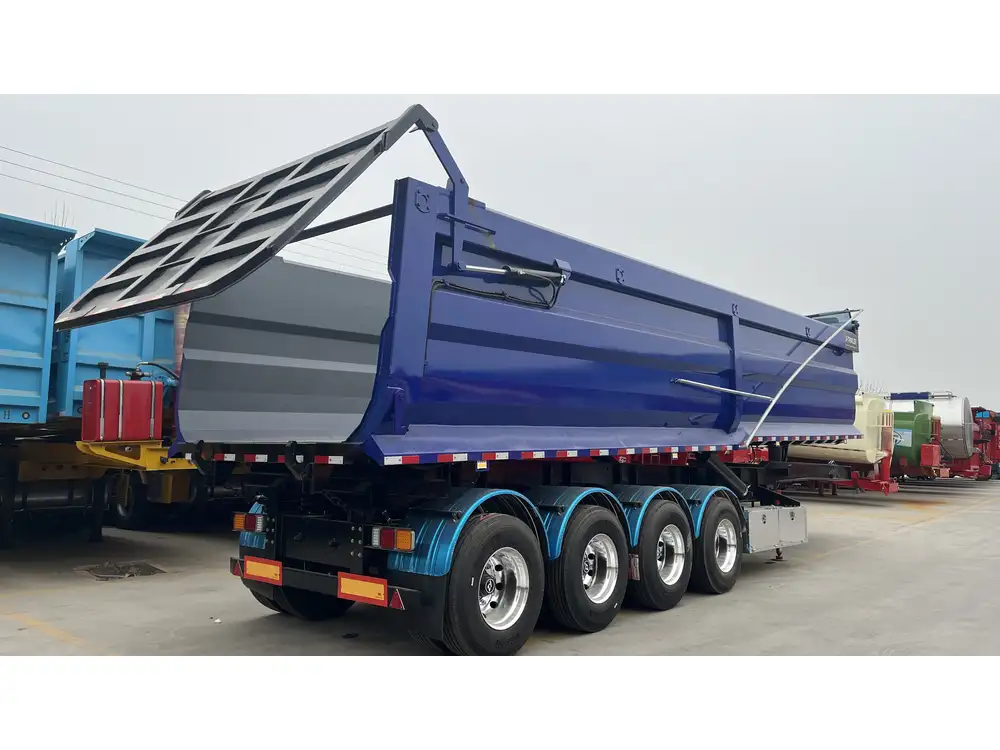
Typical Temperature Ranges for Electric Reefers
Electric reefers are designed to maintain various temperature ranges based on the type of cargo, which can include:
| Cargo Type | Typical Temperature Range | Electric Reefer Capability |
|---|---|---|
| Fresh Produce | 0 to 4 degrees Celsius | Easily achievable with electric units |
| Frozen Foods | -18 to -20 degrees Celsius | Specialized units needed, but achievable |
| Pharmaceuticals | 2 to 8 degrees Celsius | Requires precise regulation |
| Dairy Products | 1 to 7 degrees Celsius | Efficiently managed by electric reefers |
Key Components of Electric Reefer Technology
- Insulation: High-density insulation is critical in preventing heat ingress, allowing for efficient operation at lower temperatures.
- Refrigeration Units: Typically using advanced compressor technology, electric reefers can maintain specific temperatures effectively.
- Battery Systems: Robust battery packs provide the necessary power, with some models equipped for rapid recharging.
Can Electric Reefers Reach Minus 10 Degrees?
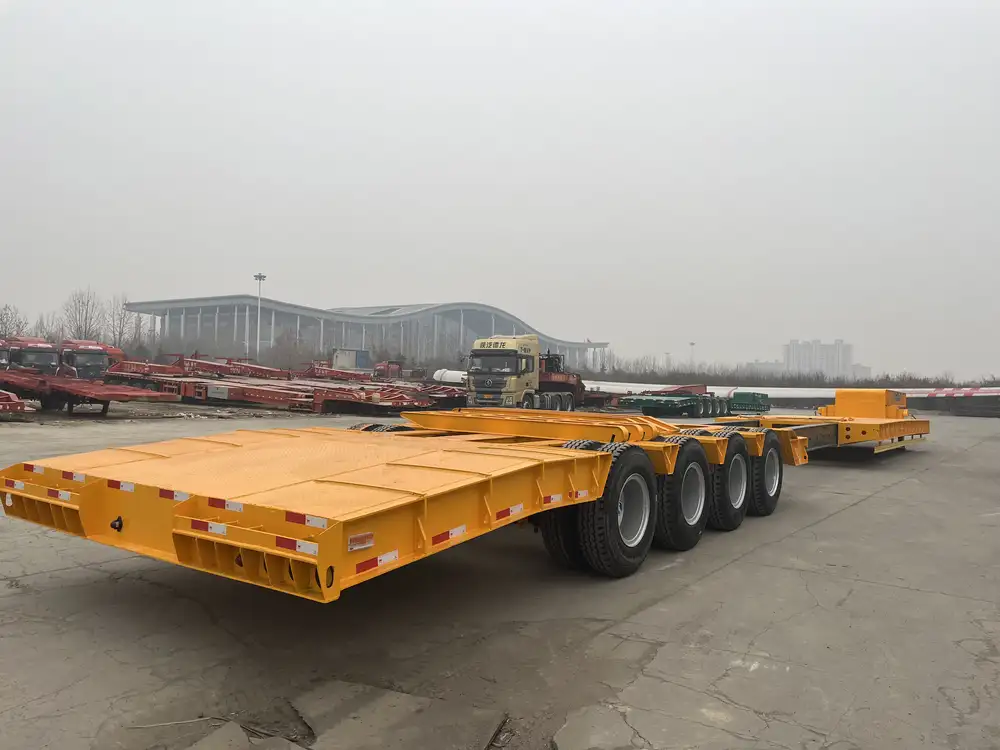
Performance Specifications
Understanding whether electric reefers can reach minus 10 degrees involves looking at both thermal performance and battery efficiency. The operational capability largely hinges on several factors:
- Insulation Quality: Higher-grade insulation delays heat transfer, enabling better temperature retention.
- Ambient Temperature: External weather conditions significantly impact the reefer’s efficiency. Extreme heat can challenge the refrigeration unit’s performance.
- Battery Capacity: The size and efficiency of the battery directly influence how long the unit can maintain lower temperatures.
- Cargo Load: The nature of the cargo impacts heat absorption and retention, which affects the compressor workload.
Real-World Applications
Electric reefer trailers have been utilized in numerous case studies that illuminate their effectiveness at sustaining low temperatures:
Case Study: Frozen Produce Delivery
A leading grocery chain employed electric reefers for transporting frozen vegetables from a manufacturing plant to distribution centers. Initial tests indicated that electric trailers could maintain temperatures of -10 degrees Celsius consistently for durations exceeding 10 hours, assuming optimal insulation and battery levels were utilized.
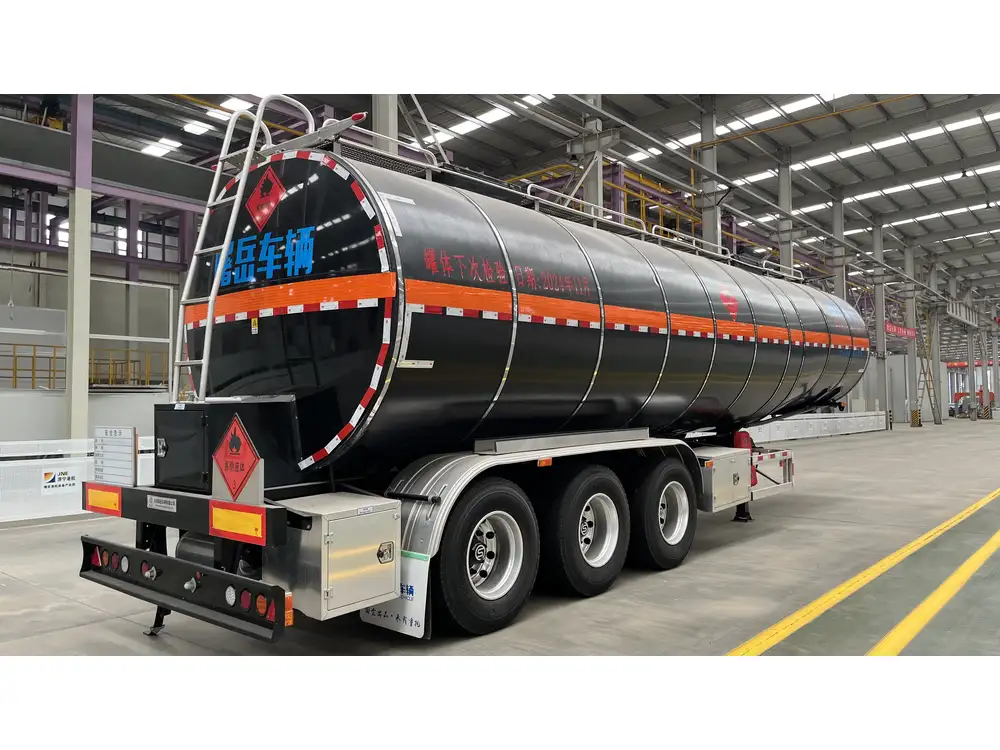
Case Study: Pharmaceutical Distribution
In a bid to meet strict regulatory requirements for vaccine transport, a biopharmaceutical company adopted electric reefers. The trials confirmed that, with precise monitoring and battery management systems, the vehicles maintained required temperatures below freezing without significant fluctuations.
Limitations and Challenges
Although electric reefers demonstrate impressive capabilities, certain limitations exist:
- Energy Management: Prolonged operation at extreme temperatures can lead to substantial battery stress, necessitating frequent recharging.
- Cost Considerations: Higher upfront costs for electric reefers compared to traditional units may deter some users.
- Regulatory Compliance: Meeting stringent transport regulations may require additional monitoring systems, adding complexity.
Innovations in Electric Reefer Technology
The advancements in electric reefer technologies bode well for future operations, particularly concerning cold chain logistics. Some notable innovations include:
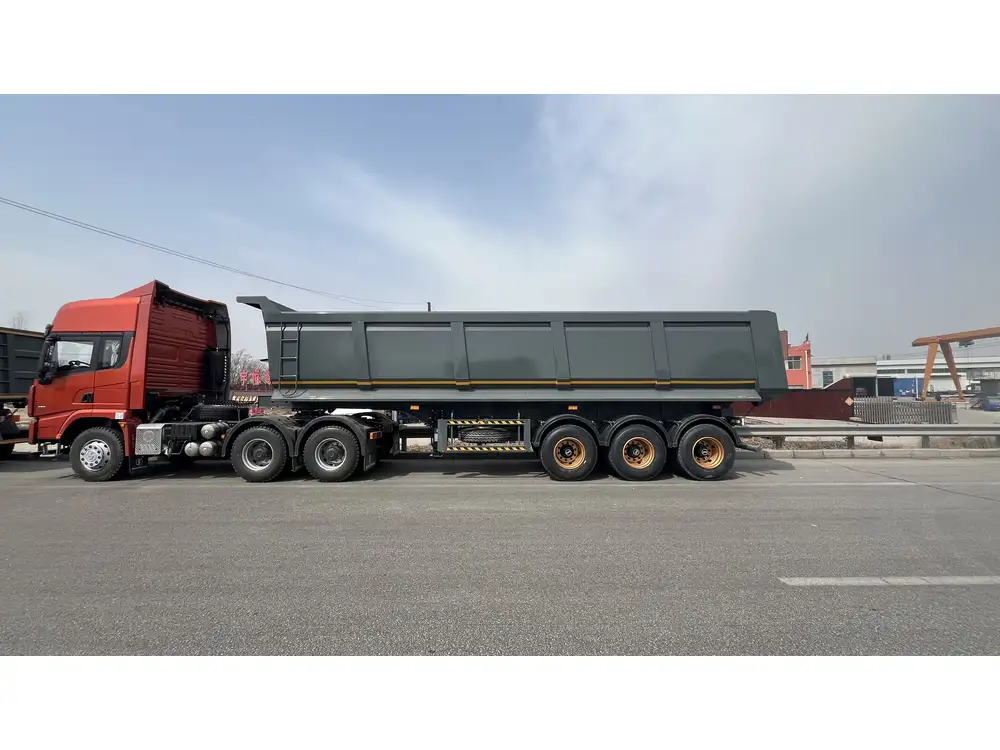
Enhanced Battery Life
Innovative battery technologies, such as solid-state batteries, are being developed to extend operational hours and improve performance in colder conditions. These improvements may allow electric reefers to sustain minus 10-degree environments for longer periods without recharging.
IoT Integration
Internet of Things (IoT) capabilities enable real-time monitoring of temperature and location data. This information can ensure that operators make data-driven decisions, enhancing efficiency and minimizing risks associated with temperature fluctuations.
Advanced Insulation Materials
New insulation technologies designed to minimize thermal bridging will improve the overall performance of electric reefers, allowing them to better maintain lower temperatures.
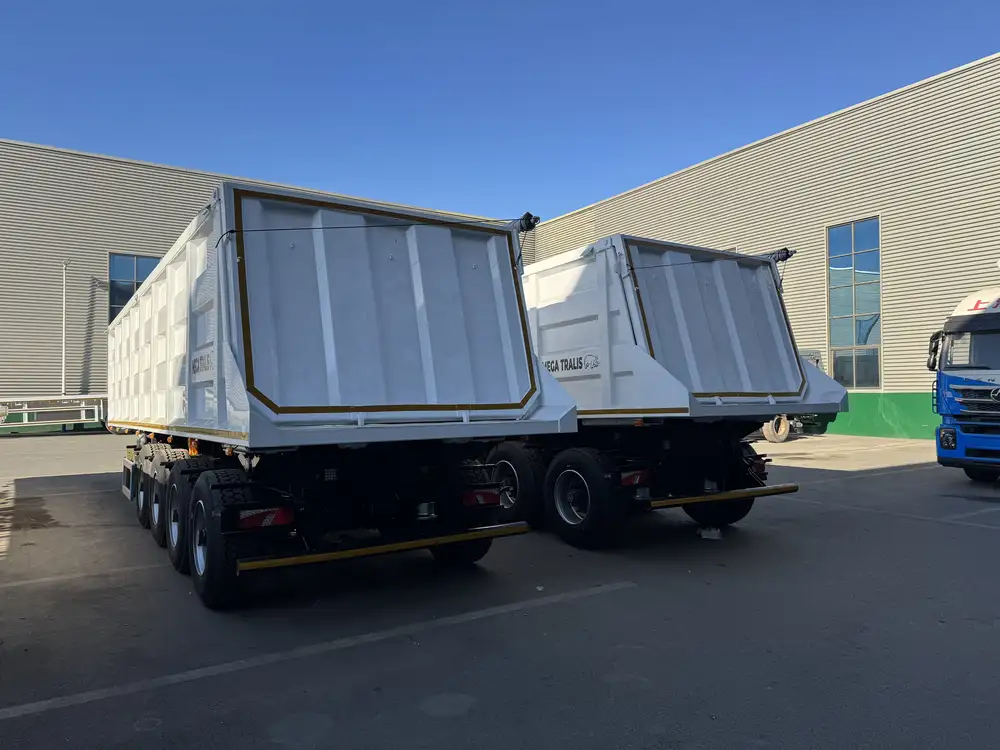
The Future of Electric Reefer Trailers
The demand for electric reefer semi trailers is expected to grow substantially in tandem with increasing regulatory pressures for reducing carbon footprints. As logistics companies identify the tangible benefits of electric reefers, we can anticipate a shift in the market.
Potential Growth Areas
- Urban Deliveries: Expansion of electric reefers in urban logistics will facilitate the delivery of perishable goods, aligning with emission regulations in city centers.
- Cold Chain E-commerce: With the growth of e-commerce, electric reefers will become integral to last-mile deliveries of temperature-sensitive items.
- International Shipments: Future innovations may lead to electric reefers capable of being integrated into marine logistics, enhancing temperature-controlled shipping on a global scale.
Conclusion: Perspectives on Electric Reefers
Ultimately, can electric reefer semi trailers reach minus 10 degrees? The answer is resoundingly affirmative, with the caveat of optimal operational conditions. As technology develops further, we expect that electric reefers will not only enhance sustainability in logistics but also provide exceptional performance for cold chain management.
Innovators in the field must continue to address challenges around battery technology and energy consumption to fully leverage the advantages electric reefers offer. Whether you’re a logistics provider, retailer, or manufacturer, recognizing the potential of electric reefer trailers will be crucial for adapting to future demands and regulatory requirements in the realm of temperature-sensitive transportation.
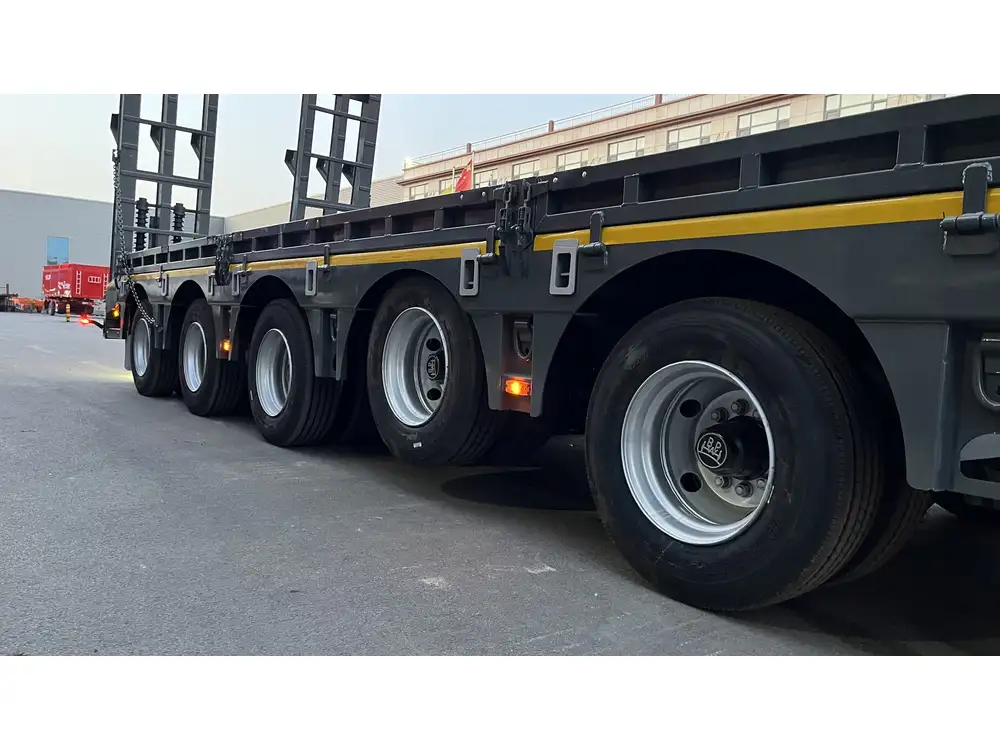
FAQ Section
Q1: What maintenance is required for electric reefers?
Regular inspections of insulation, battery performance checks, and refrigeration unit functionality are essential for optimal performance.
Q2: Are electric reefers suitable for all types of cargo?
While they excel with many perishable goods, specific cargo like fresh seafood may require reefer trailers designed for extreme low temperatures.
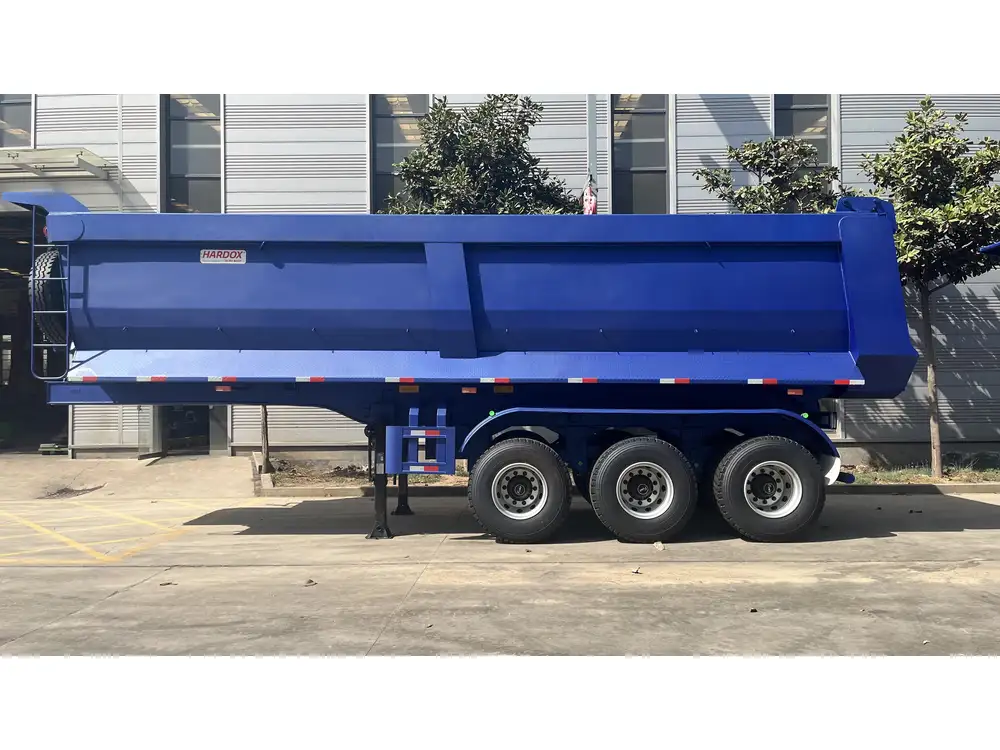
Q3: How long can an electric reefer last on one charge?
This is dependent on several factors such as the load being carried and environmental temperatures, but modern electric reefers can operate effectively for up to 12 hours or more under optimal conditions.
By considering these aspects, users can make informed decisions about integrating electric reefers into their logistics strategies, ultimately enhancing operational efficiency and sustainability. The future of refrigerated transportation is electric, and its success hinges on innovation, technology, and a commitment to environmental responsibility.



